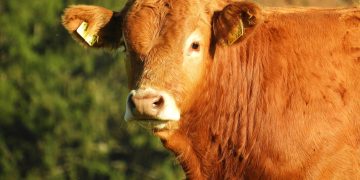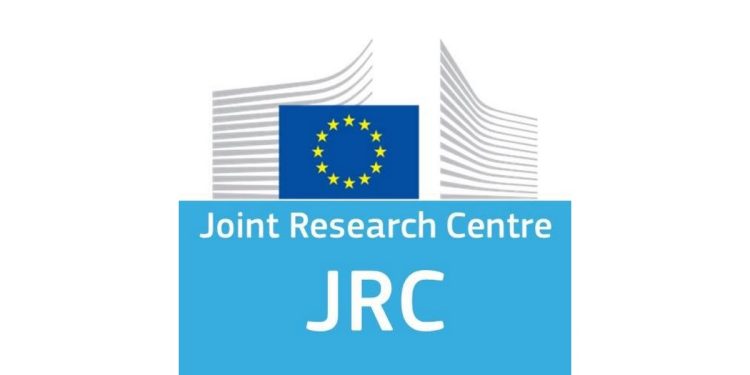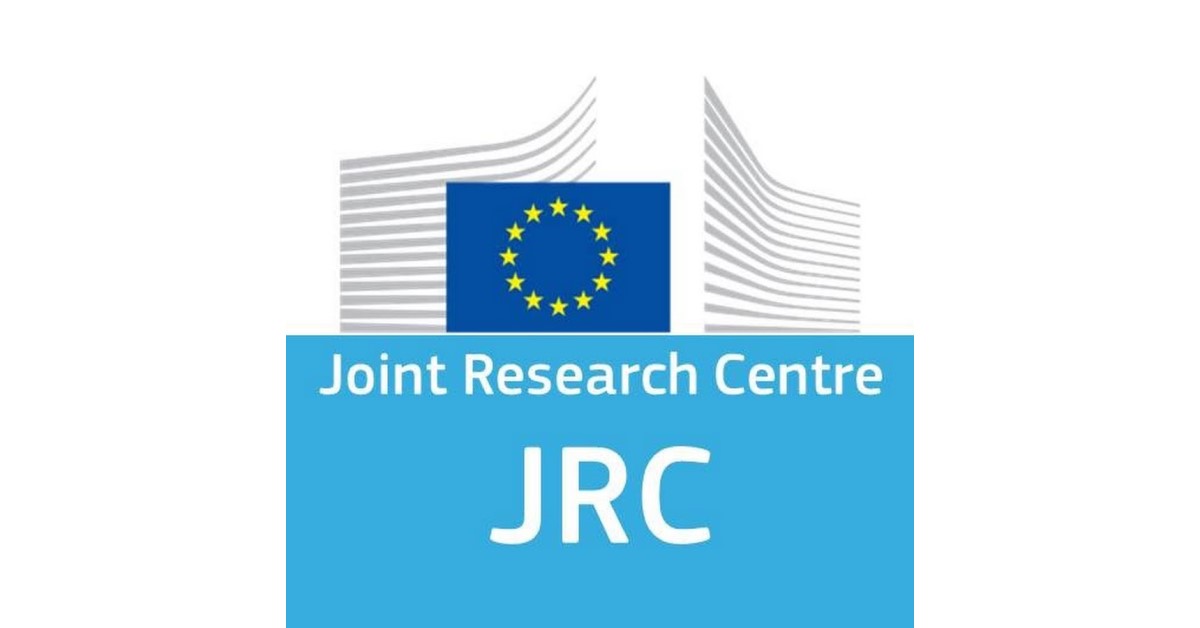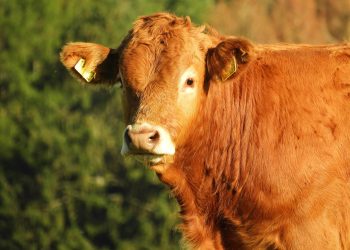The number of people battling acute hunger and suffering from malnutrition is at alarming levels one more year. Economic shocks, weather extremes and armed conflicts, in combination with factors of structural vulnerability such as extreme poverty, scarce government capacity or high dependency on food imports are driving millions of people into acute food insecurity and malnutrition.
In 2023, over 281.6 million people across 59 countries/territories faced high levels of acute food insecurity requiring urgent assistance, according to the latest Global Report on Food Crises (GRFC) 2024. The figure represents the 21.5% of the population of the countries considered. This is a roughly similar proportion to the one published in the 2023 edition of the report, suggesting a stabilisation in the global trend of food crises.
The GRFC is a flagship report of the Global Network against Food Crises (GNAFC), drafted under the facilitation by the Food Security Information Network (FSIN). The GNAFC is a coalition of development and humanitarian organisations united in their efforts to address food crises. The EU is one of the founding members of the alliance. And the JRC contributes to the report in multiple ways, including contributions to the underlying data and analysis, quality control, drafting and reviewing.
Drivers of acute food insecurity
The report points to conflict as the major factor in driving acute food insecurity, and this year’s edition highlights two notable conflict-driven food crises, in Sudan and Gaza.
Sudan experienced a significant deterioration in food security following the April 2023 conflict, with an additional 8.6 million people facing high levels of acute food insecurity as compared to pre-conflict period, bringing the total to 20.3 million.
In the Gaza Strip, the conflict resulted in the worst food crisis ever recorded with an Integrated food security Phase Classification (IPC) analysis (IPC analyses have been in place for more than 10 years). The entire Gaza population is classified in IPC Phase 3 (crisis) or worse, and 50% projected in a state of catastrophe (IPC Phase 5), when people face an extreme lack of food and exhaustion of coping capacities, as from March 2024.
In the Syrian Arab Republic, Afghanistan or Pakistan, weather extremes or economic shocks were the main drivers of major food crises.
The GRFC 2024 includes as a novelty information on various structural factors that help to better explain why crises in some countries persist. These factors include, among others, poverty, high dependence on food imports, exposure to natural disasters such as drought, and precarious infrastructure. They help to explain why some countries are more vulnerable to the impact of conflict and of economic and climatic hazards.
Largest food crises in 2023
According to the report, the 10 countries with world’s largest food crisis in 2023 were the Democratic Republic of the Congo, Nigeria, Sudan, Afghanistan, Ethiopia, Yemen, the Syrian Arab Republic, Bangladesh, Pakistan and Myanmar. These are the same countries as in 2022 with the exception of Bangladesh, which replaced Ukraine in the list.
The 10 worst food crises account together for more than 60% of the total population affected by high levels of acute food insecurity in the 59 countries/territories for which data was available.
In 19 countries, all eight editions of the GRFC have consistently reported more than 1 million people or over 20 percent of the total country/territory population facing high levels of acute food insecurity. These countries are classified as suffering protracted Major Food Crisis and have accounted for up to 80% of the total population experiencing high levels of acute food insecurity in each edition of the report.
Acute malnutrition in food crisis countries
The associations between malnutrition and acute food insecurity are not linear but areas with high levels of acute food insecurity often tend to have high levels of acute malnutrition. When combined, these create a heavy burden to the development and wellbeing of populations.
The GRFC also compiles numbers of children under five years of age suffering from acute malnutrition. In 2023, in the 32 food crisis countries where data was available, about 36.4 million children under 5 years of age suffered from acute malnutrition, of whom 9.8 million faced severe acute malnutrition and needed urgent treatment.
Acute food insecurity projections for 2024
The GRFC 2024 has analysed projections available for 41 of the 59 countries/territories as of March 2024. From that analysis, the report concludes that up to 208.3 million people of the analysed population will experience high levels of acute food insecurity in 2024.
The projections for 2024 indicate prolonged food crises, with full-scale armed conflicts being their main catalyst. Over 50% of people projected to experience high levels of acute food insecurity in 2024 are in DRC, Nigeria, Sudan, Ethiopia, Yemen, and Myanmar. These countries have consistently been among the worst food crises since the start of the GRFC and their conflict situation is regarded as the primary driver.
Weather extremes are the main driver of the food crisis projected in the Southern Africa for 2024. The drought is severely impacting crops and livestock in several countries of the region with large areas already reporting loss of harvests and death of animals. Malawi, Zambia and Zimbabwe have recently declared the state of disaster.
JRC support to data analysis and intelligence
The Global Network against Food Crises (GNAFC) is an alliance of humanitarian and development actors united by the commitment to tackle the root causes of food crises and promote sustainable solutions through shared analysis and knowledge, and strengthened coordination. GNAFC works to provide timely data, analyses and intelligence on the impact of conflict, economic shocks and weather extremes on food security and nutrition.
The JRC is part of the technical team in charge of compiling and analysing the data of the report each year. JRC also participates in the deliberations of the GRFC’s Senior Committee, composed of senior representatives of the partner organisations and is responsible for endorsing the content of the report and providing strategic guidance. The JRC has played an instrumental role in the development of the methodology used in the preparation of the report and ensuring the quality of the analysis.
The JRC also provides technical and advisory support to the Integrated food security Phase Classification (IPC) and the Cadre Harmonisé (CH) frameworks since 2007. IPC and CH are the main sources of food security and malnutrition information of the GRFC. The JRC’s Anomaly Hotspots of Agricultural Production (ASAP) system is also a near real time source of information feeding into IPC and CH analysis.
In this year’s edition, the JRC has been one of the main contributors to the sections of the report that highlight the importance of drivers related to structural vulnerability. Among the indicators included in the report to describe the determinants of structural vulnerability, the JRC produces two: the INFORM Risk index, an open-source risk assessment for humanitarian crises and disasters, and the frequency of drought warnings, which is based on the JRC’s ASAP system.
Finally, the JRC manages the EU’s Knowledge Centre for Global Food Security and Nutrition (KCFNS), a one-stop source for curated information on food security and nutrition related topics. The KCFNS supports EU global commitment to end hunger, achieve food security and improved nutrition, and promote sustainable food systems.
About the Global Network against Food Crises
Launched in 2016 by the EU, the UN’s Food and Agriculture Organization (FAO) and the World Food Programme (WFP), the Global Network against Food Crises seeks to better link, integrate and guide existing initiatives, partnerships, programmes and policy processes to address the root causes of food crises.
The JRC published the first Global Report on Food Crises in 2016 in collaboration with the then European Commission’s Directorate-General for International Cooperation and Development, now International Partnerships. The annual report has become, since then, an international multi-partner initiative under the GNFC, a collaborative effort to address food insecurity worldwide. GNFC brings together governments, international organisations, and NGOs to improve humanitarian responses and reduce the number of people facing acute food insecurity.
Today, the Global Report on Food Crises 2024 is the result of a joint, consensus-based assessment of acute food insecurity situations around the world by 16 partner organisations.
Related Content
Global Report on Food Crises (GRFC) 2024
Food Security Information Network (FSIN)
Global Network against Food Crises (GNAFC)
Knowledge Centre for Global Food and Nutrition Security
Scientific Brief on Food Security and Food Crises
The impact of Russia’s war against Ukraine on global food security
Anomaly hotspots of Agricultural Production (ASAP)
JRC report 2016: Global analysis of food and nutrition security situation in food crisis hotspots (2016)
O artigo foi publicado originalmente em JRC.






















































